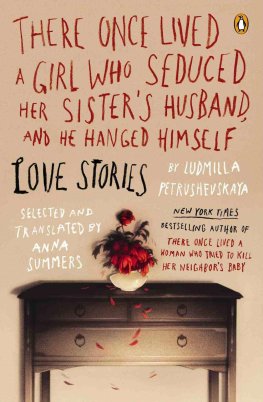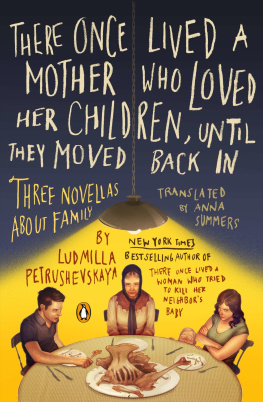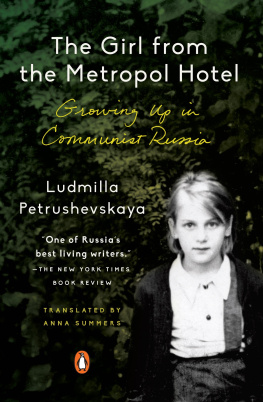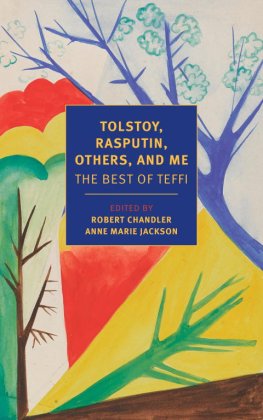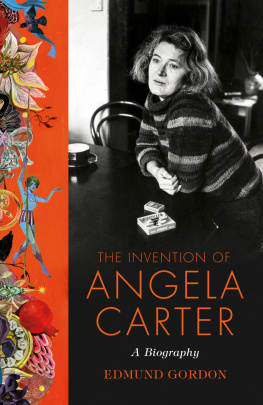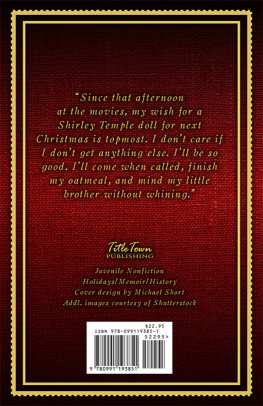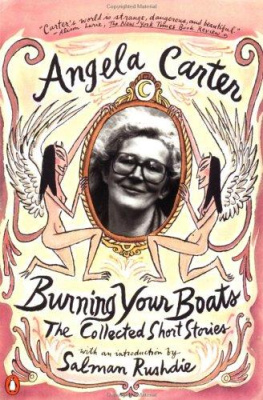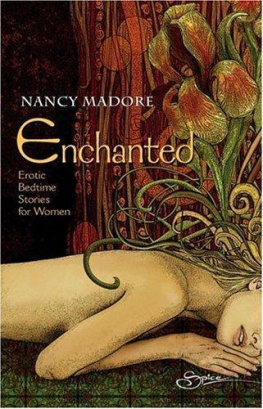Ludmilla Petrushevskaya
THERE ONCE LIVED A GIRL WHO SEDUCED HER SISTERS HUSBAND, AND HE HANGED HIMSELF
Love Stories
Selected and Translated with an Introduction by
Anna Summers
This translation is dedicated to my loving husband, John, and to the memory of my mother, Irina Victorovna Malakhova, who taught me to love Petrushevskaya.
Praise for Ludmilla Petrushevskaya
This celebrated Russian author is so disquieting that long after Solzhenitsyn had been published in the Soviet Union, her fiction was bannedeven though nothing about it screams political or dissident or anything else. It just screams.
ElleHer suspenseful writing calls to mind the creepiness of Poe and the psychological acuity (and sly irony) of Chekhov.
MoreThe fact that Ludmilla Petrushevskaya is Russias premier writer of fiction today proves that the literary tradition that produced Dostoyevsky, Gogol, and Babel is alive and well.
Taylor Antrim,
The Daily BeastHer witchy magic foments an unsettling brew of conscience and consequences.
The New York Times Book ReviewWhat distinguishes the author is her compression of language, her use of detail, and her powerful visual sense.
Time Out New YorkThere is no other writer who can blend the absurd and the real in such a scary, amazing, and wonderful way.
Lara Vapnyar, author of
There Are Jews in My HouseA master of the Russian short story.
Olga Grushin, author of
The Dream Life of SukhanovIntroduction
Loving Petrushevskaya
Russians have a word, byt, from being, to denote the circumstances of everyday life. In Ludmilla Petrushevskayas love stories, byt means waiting in line for basic goods, from potatoes to winter shoes (Young Berries); it means inflation that robs old people of their savings (A Happy Ending); it means an ambulance that takes an hour to come to a dying woman (Two Deities); it means alcoholism, obsolete ideology, anti-Semitism, poverty, inhumane lawsall the follies and cruelties of late and post-Soviet society.
Above all, byt means a shortage of housing. After the Russian Revolution, thousands of ruined peasants poured into Moscow. The state outlawed private ownership of housing, and so family apartments across the city were turned into rooms, which then were divided and subdivided until, eventually, there remained corners no larger than the size of one prone body, plus one suitcase. Over time these communal apartments were broken up, and families were moved into cramped, ghoulish blocks of apartments. By 1972, when Petrushevskaya published her first story, the city was ringed by concrete buildings made of one-, two-, and three-room apartments that often housed several generations of Russians. It is in these small, overcrowded, uniform, much-coveted units that Petrushevskayas love stories take place.
* * *
Born in 1938 in Moscow, Ludmilla Petrushevskaya never knew family life. Evacuated with her mother to Kuibyshev during the war, she was left there in the care of her aunt and grandmother while her mother returned to Moscow to attend college. Members of the family of an enemy of the people, they were treated as pariahsand were slowly starving. At age eight Petrushevskaya began to run away from her temporary home and spend summers as a street beggar. Her mother returned after four years and brought her back to Moscow, where they were officially homeless. As a young girl there, Petrushevskaya and her mother lived under a desk in her insane grandfathers room, while occasionally renting cots in nearby communal apartments. It was an unsettled, unhappy childhood, one experienced without the consolation of siblings. And it did not exhaust her misfortunes. For her first husband died young, leaving her a widow struggling to support herself, their son, and her mother all together in one small apartment. She didnt meet her father until after college.
These seventeen love stories represent the complete arc of Petrushevskayas writing life, from her first published story in 1972, The Story of Clarissa, to Like Penlope, published in a 2008 collection marking her seventieth birthday. The four sections tell of glimpsed romances in their earliest stages (A Murky Fate); of the twisted and accidental circumstances in which families are thrown together (Hallelujah, Family!); of parents struggling to raise children without murdering each other (My Little One); and of mature romances that have run their course or have been realized in a new form (A Happy Ending).
But the stories collect toward a thematic center in the drama of maternal lovethe only kind of love that can survive in extreme spaces, the only kind that must survive if families are to endure. In the ironically titled Hallelujah, Family! a fourteen-year-old girl seduces her older sisters husband. The husband, discovering his sister-in-law is pregnant by him, hangs himself. What follows is a tale in which motherhood burns off the abrasions of experience, or byt, only to acquire fresh ones. The girl who seduced her older sisters husband gives birth to a daughter, and that daughter gives birth to her own daughter. Her mother (the daughter of the girl who seduced her older sisters husband) loses her mind from the burden of her familys history and from the fact that her young daughter, now sleeping with older men, gives birth (without a husband) to a daughter, the fourth generation in the story.
Many of these stories portray the redemptive potential of maternal love displaced onto damaged men. In Ali-Baba, a childless, abused woman meets an apparently healthy man, a fellow alcoholic, in a bar, and goes with him to his apartmentand to an unwelcome surprise. Eross Way portrays a prematurely aged woman who has lost her femininity to the hardships of byt, who comes to life when an insane, married man appeals to her maternal instinct. The same story shows a successful mother doing herself in, adamant for her childs undivided affection while poisonously suspicious of ingratitude and betrayal. A Happy Ending shows a betrayed wife reconciling with her husband only after he has grown as helpless as a child.
But these are not tidy tales of loss and redemption. The love that her characters are feeling is like dreaming, a passion too complex and mysterious to be named, much less resolved. As with dream interpretation, which thrives in densely settled societies and represents a longing for personal freedom, loves interpretation in tiny Russian apartments is stacked with too many layers of ambiguity and ambivalence ever to produce a wholly known emotional world.
Petrushevskayas genius as a literary artist lies in her ability to make the strangeness of her mothers, her would-be mothers, her once-were mothers, and her other characters worthy of our sympathy in the partial absence of our understanding. The changes she introduces in vocabulary, perspective, rhythm, and intonation sneak up on us, and before we know it we have implicitly forgiven bizarre, bewildering, and often vulgar behaviors and qualities. Tamaras Baby begins with an expos of a homeless, deranged man who travels to a sanatorium, one of the modest country resorts where urban Russians flocked for a romantic fling, a portion of serendipity, or a private escapade unthinkable back in their cramped apartments. The deranged man encounters a kindly older woman who takes his arm and, surprisingly, takes him in. The womans motives for sheltering the stranger are so perverse they cannot be called romantic. Nor does the resolution allow a conventionally sappy reading of two deranged persons united by their common alienation from society. No, the man and the woman can barely understand each other. Petrushevskaya evokes their quiet gratification nonetheless, and leads us to the epiphany hinted at in the storys title.

